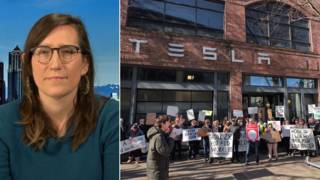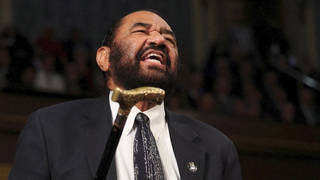
Corporations may soon be given the right to hack into personal computer networks to protect copyrighted material. The major record and film companies hope to use this legislation to end online piracy. But critics fear the House bill would severely compromise personal privacy. The bill expands police powers to eavesdrop over the Internet or telephone without a court order.
But not all hacking is equal before the eyes of the government. In early July, the House voted to increase the maximum sentence for other forms of hacking to life in prison.
Guests:
- Declan McCullagh, chief political correspondent for CNET’s News.com. For the last four years, he has been the Washington bureau chief for Wired News. He was the first online reporter to join the National Press Club and he participated in the first White House dot com press pool. McCullagh writes and speaks frequently about technology, law, and politics.
- Siva Vaidhyanathan, media studies scholar and cultural historian. He is the author of “Copyrights and Copywrongs: The Rise of Intellectual Property and How it Threatens Creativity.”
- Alec French, counsel to Congressman Howard Berman (D-CA), the ranking member on the House Judiciary Subcommittee. Representative Berman proposed the “Peer to Peer Piracy Prevention Act” in Congress.
Related links:
The original content of this program is licensed under a Creative Commons Attribution-Noncommercial-No Derivative Works 3.0 United States License. Please attribute legal copies of this work to democracynow.org. Some of the work(s) that this program incorporates, however, may be separately licensed. For further information or additional permissions, contact us.











Media Options